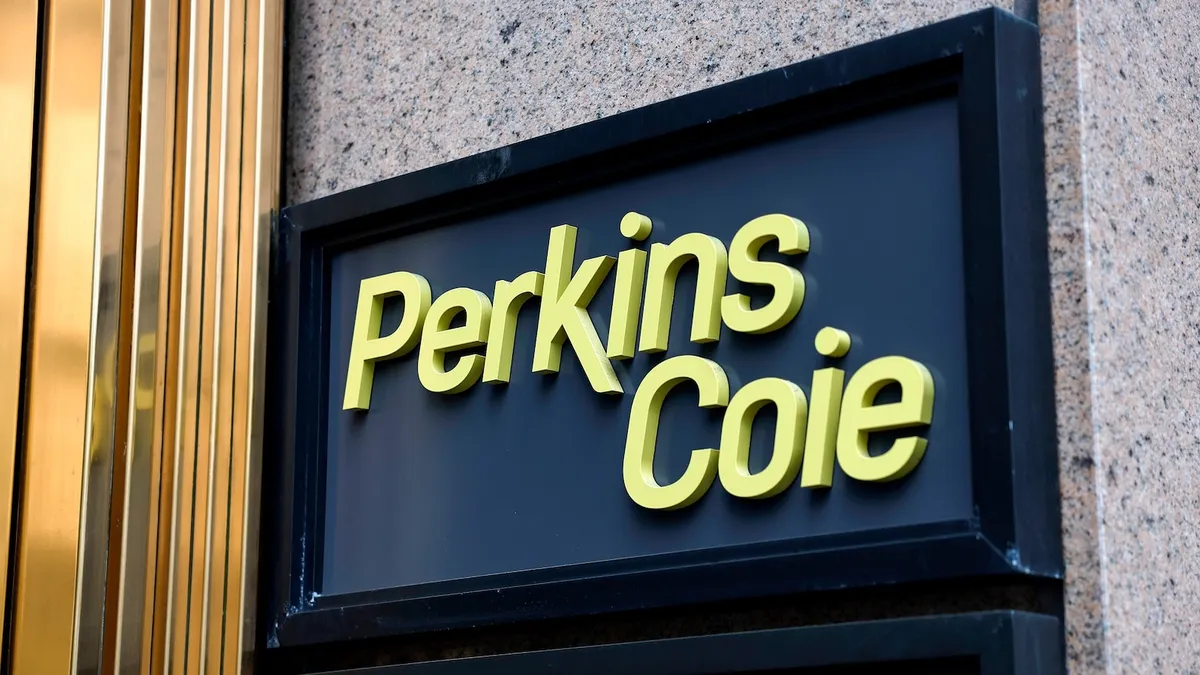
A federal judge delivered a decisive ruling on Friday, permanently prohibiting the Trump administration from enforcing an executive order that targeted the law firm Perkins Coie. U.S. District Judge Beryl Howell characterized President Donald Trump's actions as an unconstitutional and unprecedented assault on the fundamental principles of the rule of law.
In her scathing opinion, Judge Howell pointed out that no American president has ever issued an executive order aimed specifically at a prominent law firm, with adverse actions mandated across all Executive branch agencies. She drew a parallel to a famous quote by Shakespeare: "The first thing we do, let's kill all the lawyers." Howell remarked that Trump's executive order, labeled EO 14230, represented a disturbing twist on this historical sentiment, essentially stating, "Let's kill the lawyers I don't like." This approach sends a clear message that lawyers are expected to adhere to the party line, or face consequences.
This ruling serves as a swift rebuke to the government's actions, which are part of a larger pattern of challenges against Trump's initiatives targeting law firms representing his political adversaries or employing them. The controversial executive order cited Perkins Coie's previous representation of Hillary Clinton's 2016 campaign as justification for its actions. It aimed to strip security clearances from Perkins Coie attorneys, effectively halting their interactions with the federal government and limiting their access to most federal buildings.
In March, Judge Howell had already issued a temporary restraining order that blocked key components of Trump's executive order. During a court hearing on April 23, she raised concerns regarding the constitutionality of the executive order and rigorously questioned government lawyers on the matter. The day of the hearing, President Trump publicly criticized Judge Howell by name on social media, indicating the contentious nature of the case.
This ruling by Judge Beryl Howell not only protects Perkins Coie but also sets a significant precedent regarding the limits of presidential power in targeting legal entities. The decision underscores the essential role that law firms play in maintaining a robust legal system and reinforces the notion that no one, regardless of political affiliation, is above the law.
As the political landscape continues to evolve, this case highlights the ongoing struggle over the separation of powers and the protection of legal rights in the face of executive actions. The ruling serves as a reminder that efforts to undermine the legal profession can have far-reaching implications for the justice system and democracy itself.